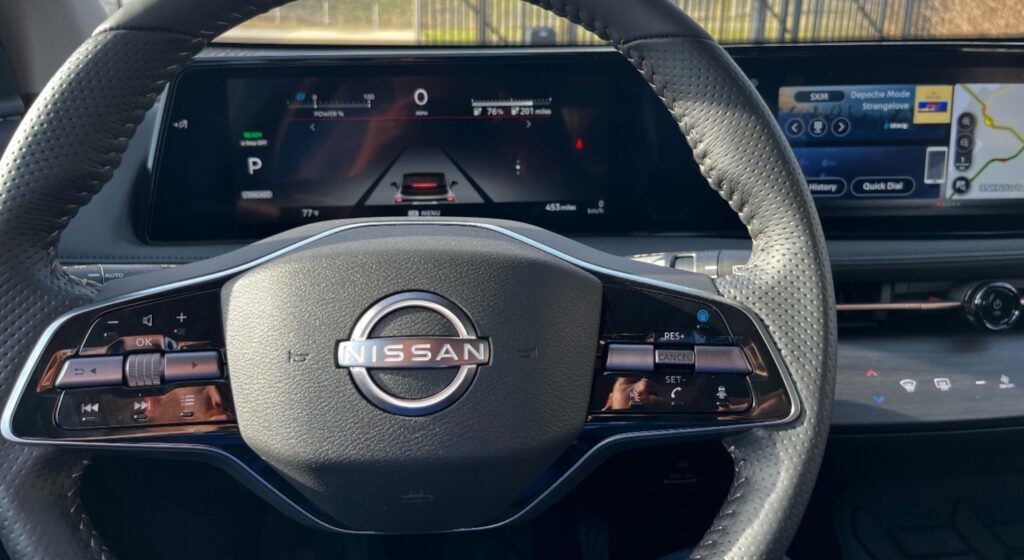
Overview
Although electric vehicles (EVs) currently make up only 3% of U.S. new vehicle sales, automakers are increasingly embracing EVs and announcing financial commitments to expand electrification. Year after year, more consumers are choosing hybrid-electric vehicles (HEVs), batteryelectric vehicles (EVs), and plug-in hybrid electric vehicles (PHEVs) for their personal and commercial transportation needs. It is expected that 30 electric cars, SUVs, and pickups from 21 brands will go on sale by the end of 2021, a marked increase over the 17 that were available in 2020. Annual EV sales are projected to reach 31.1 million vehicles worldwide by 2030 (Bigelow, 2021). Electrification technology is available not only in personal vehicles, but also in passenger buses, delivery trucks, waste collection trucks, and over-the-road-hauling trucks. The increased adoption of EVs by individuals, municipalities, and industry means that automotive technicians around the country will need the skills to service and repair these electric vehicles.
This proposed project will address the emerging workforce needs for postsecondary and high school automotive technology programs to embed hybrid and electric vehicle curriculum and hands-on training so that future technicians will have the knowledge and skills to meet shifting industry trends. The project will develop a new certificate program in hybrid and electric vehicles and will provide professional development training to 120 automotive faculty over the three-year project period. Further, to address projected workforce and skills shortages, the project will strengthen the pipeline by which high school students are exposed and recruited to automotive careers.
About the grant
The primary goal of this project is to create industry-supported educational resources to increase the capacity of accredited postsecondary institutions nationwide to train automotive technicians in EV service and repair.
A secondary goal is to enlarge the pipeline of students in southwest Ohio who pursue automotive careers to meet emerging workforce needs for knowledgeable and skilled automotive technicians.
The objectives of the project are to:
- Increase the capacity of faculty at accredited institutions to prepare automotive technicians to repair and service electric vehicles.
- Increase the number of automotive technician graduates with the knowledge and skills needed to diagnose and repair electric vehicles.
- Increase the number of high school students exposed to automotive careers and enrolling in automotive technology degrees and certificates.